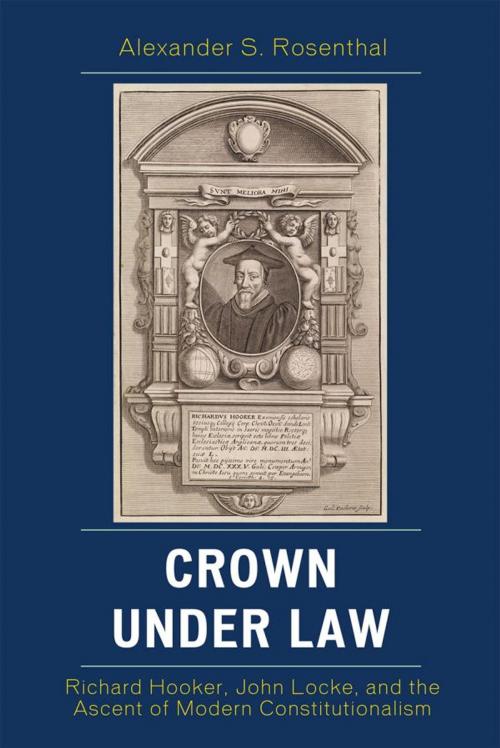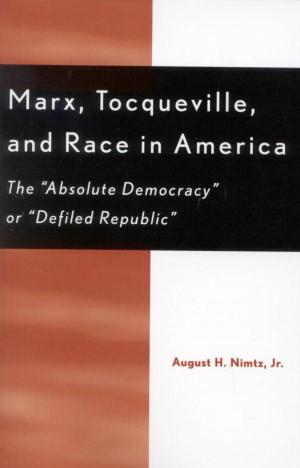Crown under Law
Richard Hooker, John Locke, and the Ascent of Modern Constitutionalism
Nonfiction, Religion & Spirituality, Philosophy, Modern, Political, History| Author: | Alexander S. Rosenthal | ISBN: | 9781461633280 |
| Publisher: | Lexington Books | Publication: | May 6, 2008 |
| Imprint: | Lexington Books | Language: | English |
| Author: | Alexander S. Rosenthal |
| ISBN: | 9781461633280 |
| Publisher: | Lexington Books |
| Publication: | May 6, 2008 |
| Imprint: | Lexington Books |
| Language: | English |
Crown under Law is an account of how and why the constitutional idea arose in early modern England. The book focuses on two figures_Richard Hooker and John Locke. Rosenthal represents Hooker as a transitional figure who follows in the medieval natural law tradition even while laying the groundwork for Locke's political thought. The book challenges the influential interpretation of Locke by Leo Strauss (who saw Locke as a radical modernist) by illustrating the lines of continuity between Locke's argument in the Two Treatises of Government and the earlier political tradition represented by Hooker. By illustrating the often distinctive manner in which Hooker addressed the great questions, and how he powerfully affected later developments such as Locke's conception of the state, Rosenthal's Crown under Law establishes the important place of Richard Hooker in the history of political thought.
Crown under Law is an account of how and why the constitutional idea arose in early modern England. The book focuses on two figures_Richard Hooker and John Locke. Rosenthal represents Hooker as a transitional figure who follows in the medieval natural law tradition even while laying the groundwork for Locke's political thought. The book challenges the influential interpretation of Locke by Leo Strauss (who saw Locke as a radical modernist) by illustrating the lines of continuity between Locke's argument in the Two Treatises of Government and the earlier political tradition represented by Hooker. By illustrating the often distinctive manner in which Hooker addressed the great questions, and how he powerfully affected later developments such as Locke's conception of the state, Rosenthal's Crown under Law establishes the important place of Richard Hooker in the history of political thought.















